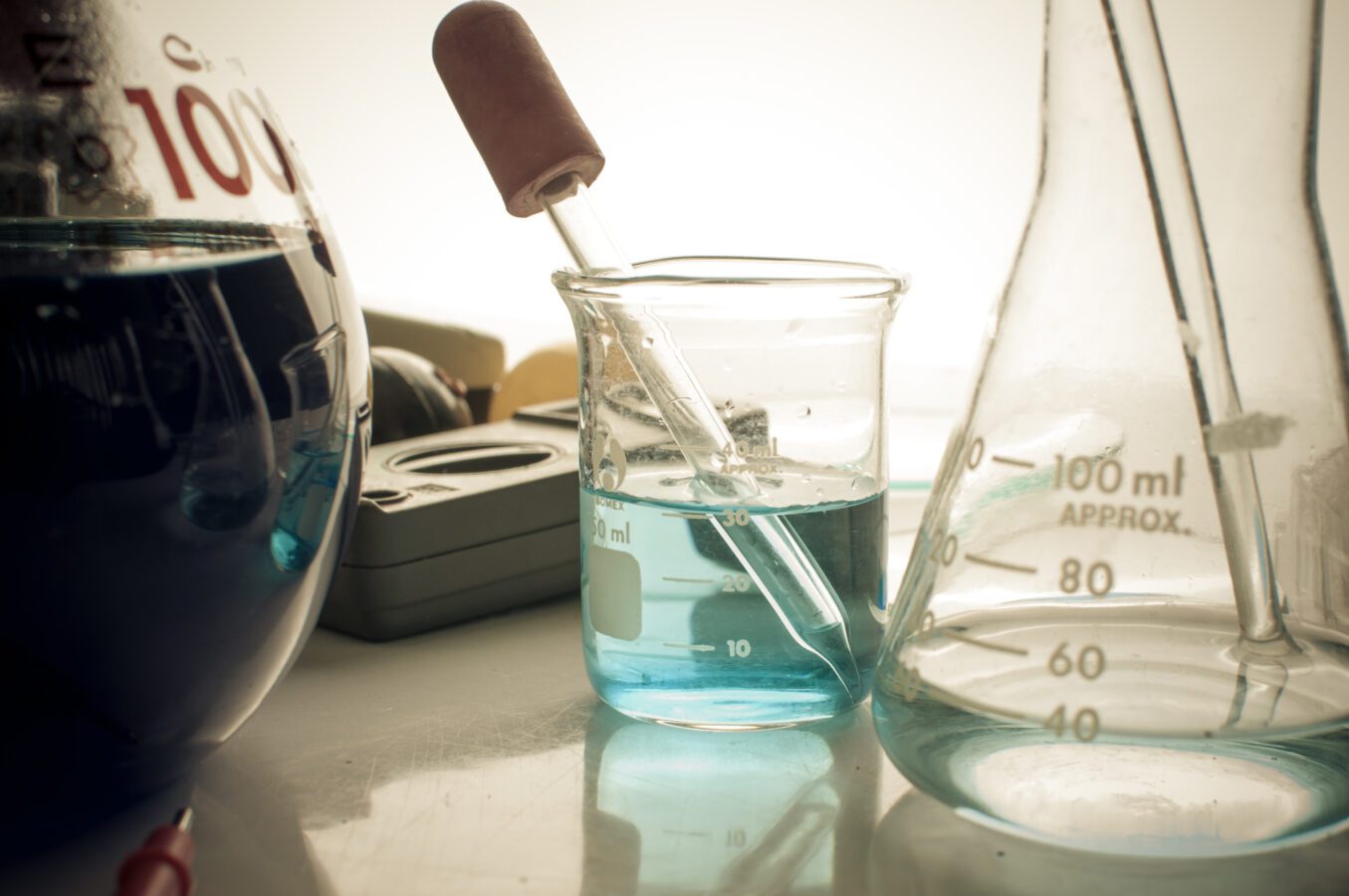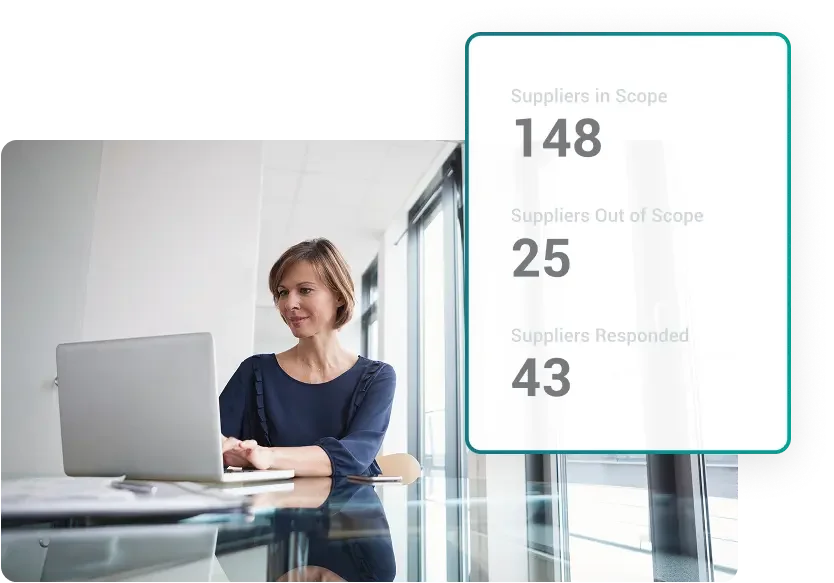Persistent organic pollutants (POPs) are toxic chemicals that threaten both the environment and human health. These substances resist natural degradation, travel long distances through air and water, and accumulate in the fatty tissue of living organisms, including humans. Because of their persistence and bioaccumulative nature, POPs pose a global environmental challenge that transcends borders and demands international cooperation. This article will explain everything you need to know about Persistent Organic Pollutants (POPs) Compliance.
The Stockholm Convention on Persistent Organic Pollutants
To address this global threat, the Stockholm Convention on Persistent Organic Pollutants was adopted in 2001 under the United Nations Environment Programme (UNEP). The treaty entered into force in 2004 with the aim of eliminating or restricting the production, use, and release of POPs.
Initially, the Convention targeted 12 chemicals, often called the “dirty dozen,” including DDT, PCBs, and dioxins. Over time, the list expanded to include additional substances such as short-chain chlorinated paraffins (SCCPs) (used in PVC processing) and hexabromocyclododecane (HBCD) (a brominated flame retardant). Some products that commonly included POPs include pesticides and flame retardants.
View the full list of Persistent Organic Pollutants POPs here.
Today, 186 countries have adopted the treaty and put in place national legislation to enforce its requirements. Each country must regulate or phase out POPs according to its own laws. In the European Union, this has led to the development of the EU POPs Regulation, one of the world’s most comprehensive chemical safety frameworks.
The EU POPs Regulation: A Closer Look
The EU POPs Regulation (EU) 2019/1021 was introduced to align European law with the Stockholm Convention and other international agreements. It sets strict controls on the production, use, import, and export of substances listed as POPs within the European Union.
Under this regulation, manufacturers and importers are responsible for ensuring their products and materials do not contain POP substances above legal thresholds. The legislation also establishes waste management requirements for materials containing POPs, ensuring they are destroyed or irreversibly transformed to prevent re-entry into the environment.
The POPs Regulation EU is currently undergoing significant changes, including new substances, updated exemptions, and tightened usage limits. As a result, manufacturers face a significant shift in compliance obligations and supply chain oversight. These changes pose real risks, from operational disruption to fines and reputational harm, making proactive compliance essential.
Because POPs are frequently found in flame retardants, lubricants, sealants, and coatings, these rules impact industries from electronics and automotive to textiles and construction.
How POPs Compliance Affects Supply Chains
POPs are a leading cause of product recalls and compliance violations in Europe. Non-compliance can result in product bans, fines, or even criminal penalties. Beyond the financial implications, companies risk significant damage to brand reputation and loss of consumer trust.
To stay compliant, businesses must:
- Understand the list of Persistent Organic Pollutants and how they relate to their products
- Stay informed about new POPs additions to EU and international laws
- Use full material disclosures (FMDs) to identify the composition of parts and materials
- Survey suppliers to detect potential POPs content
- Evaluate safer alternatives for restricted substances
As the EU POPs Regulation evolves and new substances are added each year, proactive monitoring and data transparency across the supply chain are essential.
How Assent Supports Persistent Organic Pollutants (POPs) Compliance
Identifying Persistent Organic Pollutants in your supply chain can be complex, especially when products contain thousands of parts and you source from multiple tiers of suppliers. Assent’s POPs compliance software helps manufacturers streamline data collection, manage EU POPs declarations, and maintain digital compliance records aligned with the EU POPs Regulation.
Assent’s supply chain sustainability software helps manufacturers manage this challenge by:
- Collecting supplier data through automated workflows
- Tracking responses and flagging risks in a centralized dashboard
- Providing visibility at the part, product, and supplier levels
- Aligning compliance programs with EU POPs, REACH, and RoHS requirements
With deeper insight into materials and suppliers, Assent enables companies to confidently meet global POPs compliance requirements and protect their brand reputation.
FAQ: Persistent Organic Pollutants (EU POPs)
Understanding how persistent organic pollutants are regulated is key to maintaining market access and protecting your brand. Explore these common questions to learn what POPs are, why they matter, and how to stay compliant under the EU POPs Regulation.









